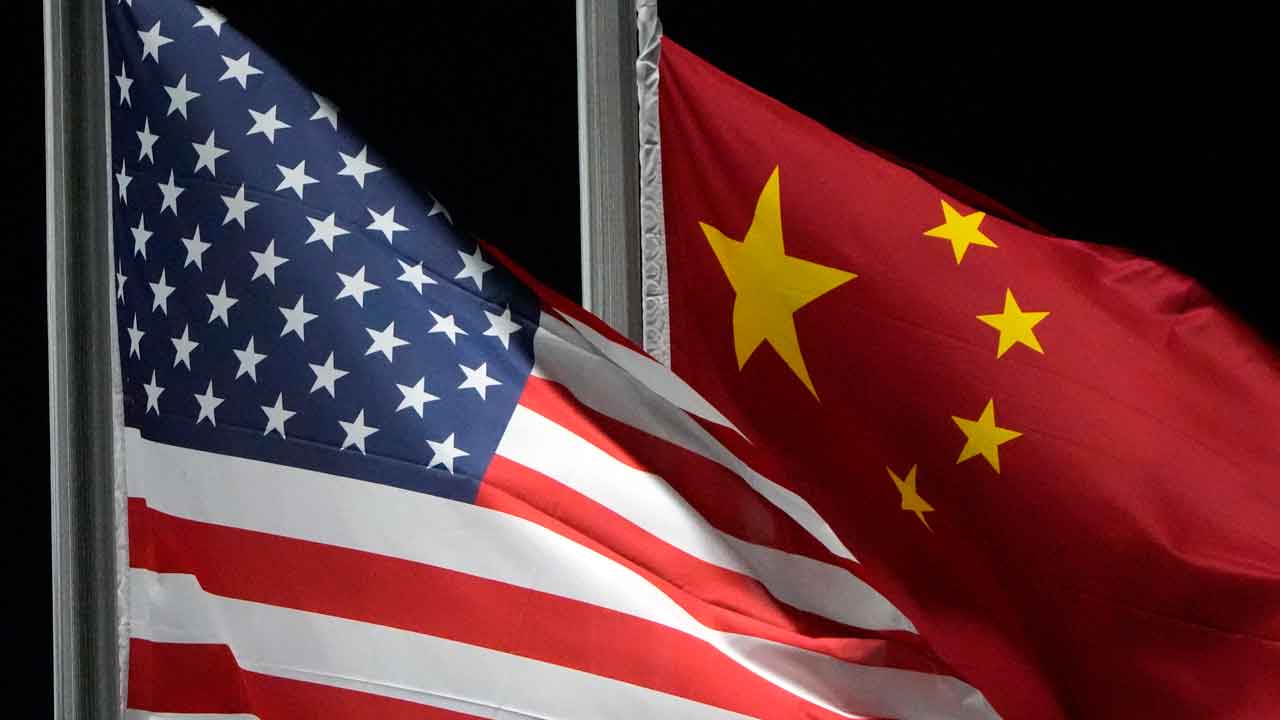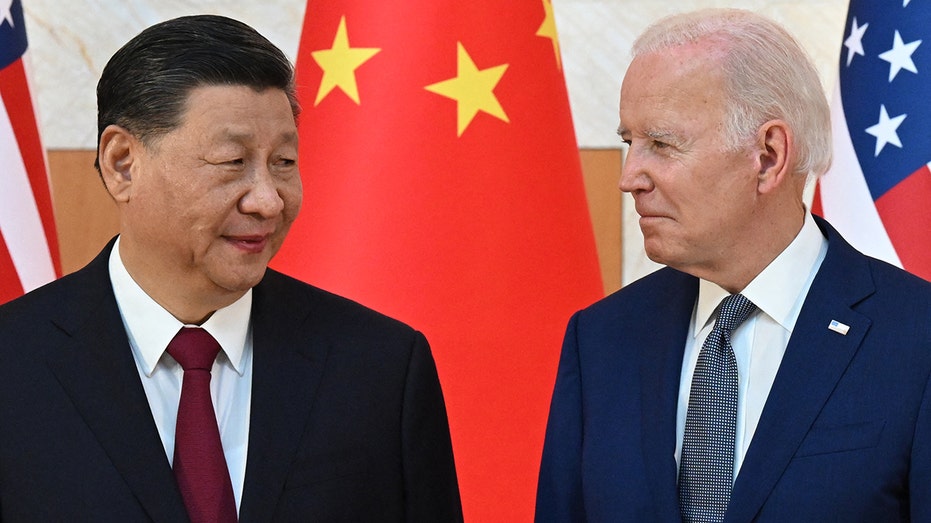Finance
US businesses operating in China face new risks under updated PRC law, intelligence officials say

American businesses that are operating in China will face new risks under a revision to a counter-espionage law by the PRC, warns the National Counterintelligence and Security Center.
The center, which is part of the Office of the Director of National Intelligence, issued a memo on Friday outlining the new risks for American businesses operating in China under a recently passed revision to a counter-espionage law in the PRC.
According to the National Counterintelligence and Security Center, the law, which goes into effect on Saturday, expands “the definition of espionage from covering state secrets and intelligence to any documents, data, materials, or items related to national security interests, without defining terms.”
The law also “Broadens the scope of the PRC’s counterespionage law.”
THREATENED BY SHORTAGES, ELECTRIC CAR MAKERS RACE FOR SUPPLIES OF LITHIUM FOR BATTERIES
Intelligence officials are warning that any “documents, data, materials, or items” could now be “considered relevant to PRC national security due to ambiguities in the law.”
Additionally, the law also has the “Potential to create legal risks or uncertainty for foreign companies, journalists, academics, and researchers.”
US WEIGHS NEW RESTRICTIONS ON AI CHIP EXPORTS TO CHINA: REPORT

Mirriam-Grace MacIntyre, who leads the National Counterintelligence and Security Center, told the Wall Street Journal that the law expands the definition of espionage without defining terms in a manner that’s “deeply problematic for private sector companies.”

The counter-espionage law which was recently revised is part of a group of more laws which could give the Chinese government “legal grounds for accessing and controlling data held by U.S. firms in China.”
Read the full article here


















